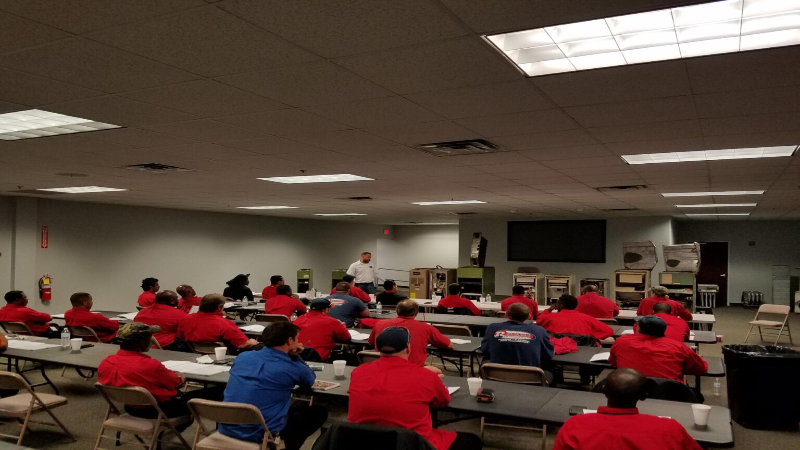In today’s climate-controlled world, the need for qualified HVAC technicians is steadily increasing. With the growing need for heating, ventilation, and air conditioning systems in both residential and commercial settings, seeking specialized training can be transformative for prospective professionals. These classes not only provide students with the necessary technical skills but also prepare them for a meaningful career in a field that offers job security and several prospects for advancement.
Understanding the Importance of HVAC Certification
Certification in HVAC is important for a variety of reasons. For starters, it establishes a solid foundation of information and abilities required to work effectively in the industry. HVAC systems are complex, requiring knowledge of numerous mechanical and electrical components. Fundamental subjects covered in certification courses include system design, installation methodologies, troubleshooting, and maintenance procedures. By completing these courses, students receive the technical knowledge required to diagnose problems and implement successful solutions. Secondly, certification improves employability. Many organizations prefer or even require that candidates have professional HVAC training and certification. Having a recognized certification displays dedication and expertise in the industry, offering candidates an advantage when applying for jobs. Furthermore, qualified professionals typically fetch higher compensation than their non-certified competitors, making certification a valuable investment.
Types of HVAC Certification Courses Available
HVAC certification courses vary greatly, catering to various degrees of experience and specific areas of the industry. Basic certification programs provide valuable instruction in core HVAC principles for people just starting out in their professions. These beginner courses usually include subjects like electrical theory, basic refrigeration, and system operation. Advanced certification courses are offered for students who want to specialize even further. These seminars concentrate on specific topics, including commercial HVAC systems, green technologies, and energy efficiency. Technicians who get specialized qualifications might present themselves as experts in particular areas, thereby improving their employment chances. Some businesses provide online HVAC certification classes, which provide flexibility for those who may have other obligations. Students can take online courses at their own speed, making it easier to juggle career, family, and education.
The Future of the HVAC Industry
The HVAC sector evolves alongside technological advancements. The change to energy-efficient and environmentally friendly technologies has opened up new opportunities for specialists with specific training. Certification programs centered on developing technologies, such as smart HVAC systems and sustainable energy solutions, are becoming increasingly popular. Technicians who keep up with the latest trends and technologies will be better prepared to handle the industry’s changing expectations. The HVAC business faces a substantial skills deficit. Many seasoned specialists are retiring, creating a scarcity of skilled technicians. This gap provides a fantastic chance for novices to enter the profession and build successful careers. HVAC certification courses provide a pathway for students looking to fill this gap and contribute to a crucial industry. Pursuing HVAC certification classes is a wise decision for anyone looking to create a career in the HVAC industry. These courses teach critical knowledge and skills, improve employability, and train technicians for the future of the sector. With rising demand for HVAC services and opportunities for promotion, there has never been a better time to further your knowledge. By taking the first step toward certification, you can lay the groundwork for a successful and fulfilling career in HVAC.









